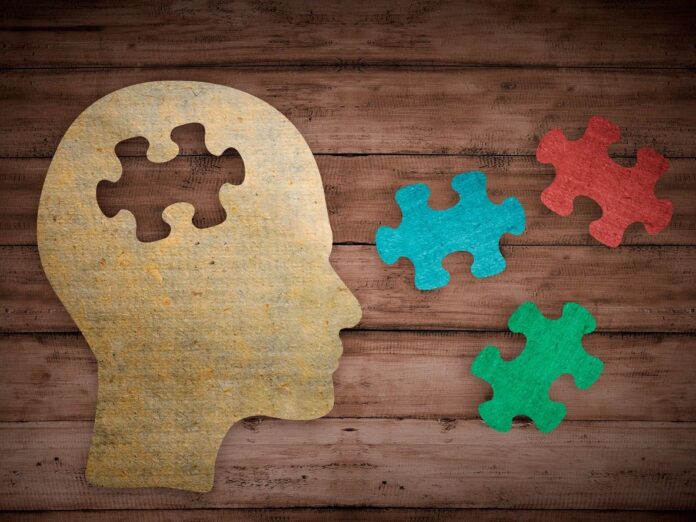We’ve all been there—our brains feel completely fried.
You try to concentrate, but your thoughts scatter like leaves in the wind. Your mind feels both overstimulated and oddly empty, like a bee buzzing aimlessly around an empty jar.
You sit there staring at the task in front of you or deliberating over a decision until your focus starts to blur.
And then it happens…
You grab your phone.
Or you turn on the TV.
“I just need a break,” you think, sinking into 20 minutes—or maybe much more—of mindless scrolling or watching.
For some, the “mental break” might be grabbing a quick snack. As you munch on chips or a granola bar, it feels like a temporary escape from whatever was making your brain feel like mush.
We’ve all done it. But does it actually work?
Do These “Quick Fixes” Help You Recover?
Distractions like scrolling through social media, binge-watching a show, or snacking on comfort food might feel like a reset in the moment. But are they really giving your brain the break it needs?
Before you start worrying, this isn’t a lecture on ditching screens or living a device-free life. You’re an adult, and your choices are yours to make.
But for those genuinely looking for ways to recharge mentally and bounce back from that brain fog, there’s a little-known concept that might help.
Discovering “Soft Fascination”
Enter a state of mind called “soft fascination.”
This happens when your attention is gently engaged by something calming and low-effort, such as reflecting, daydreaming, or simply observing the world around you.
Nature is particularly good at inducing this state. Think about how you feel while gazing at a mountain range, listening to a bubbling creek, or watching tree branches sway in the wind.
It’s not surprising that spending time in nature can feel so restorative. For much of human history, people lived surrounded by the natural world. Even into the 20th century, rural life was the norm for most people.
Now, the therapeutic power of nature is gaining traction once again, backed by scientific research. Programs like “forest bathing,” or shinrin-yoku in Japan, are helping people recover from mental strain and trauma. These therapies have even been used to support individuals dealing with PTSD, addiction, or other challenges.
But you don’t need a forest to experience this. You can incorporate soft fascination into your day with something as simple as your next coffee break.
Experimenting with Mental Breaks
The next time you feel mentally drained, try this experiment:
- Option 1: Pick a typical distraction, such as watching TV, scrolling social media, or snacking on something quick. The activity should be mildly stimulating but not deeply engaging (think mindless scrolling instead of actively reading an article).
- Option 2: Choose an activity that encourages “soft fascination.” Watch your dog play, observe fish swimming in a tank, or enjoy the movement of clouds in the sky. You could even try a meditative walk, focusing on the sensation of your steps.
Then, compare the two. Which activity feels more refreshing?
By trying both approaches, you’ll gain insights into what works best for you. And just like that, you’ll have a new tool to help maintain your mental health and resilience.

Subscribe To Our VIP Newsletter
Join our VIP mailing list to receive additional content that goes even deeper into the latest tips to ensure you and your families health, fitness and wellness.























